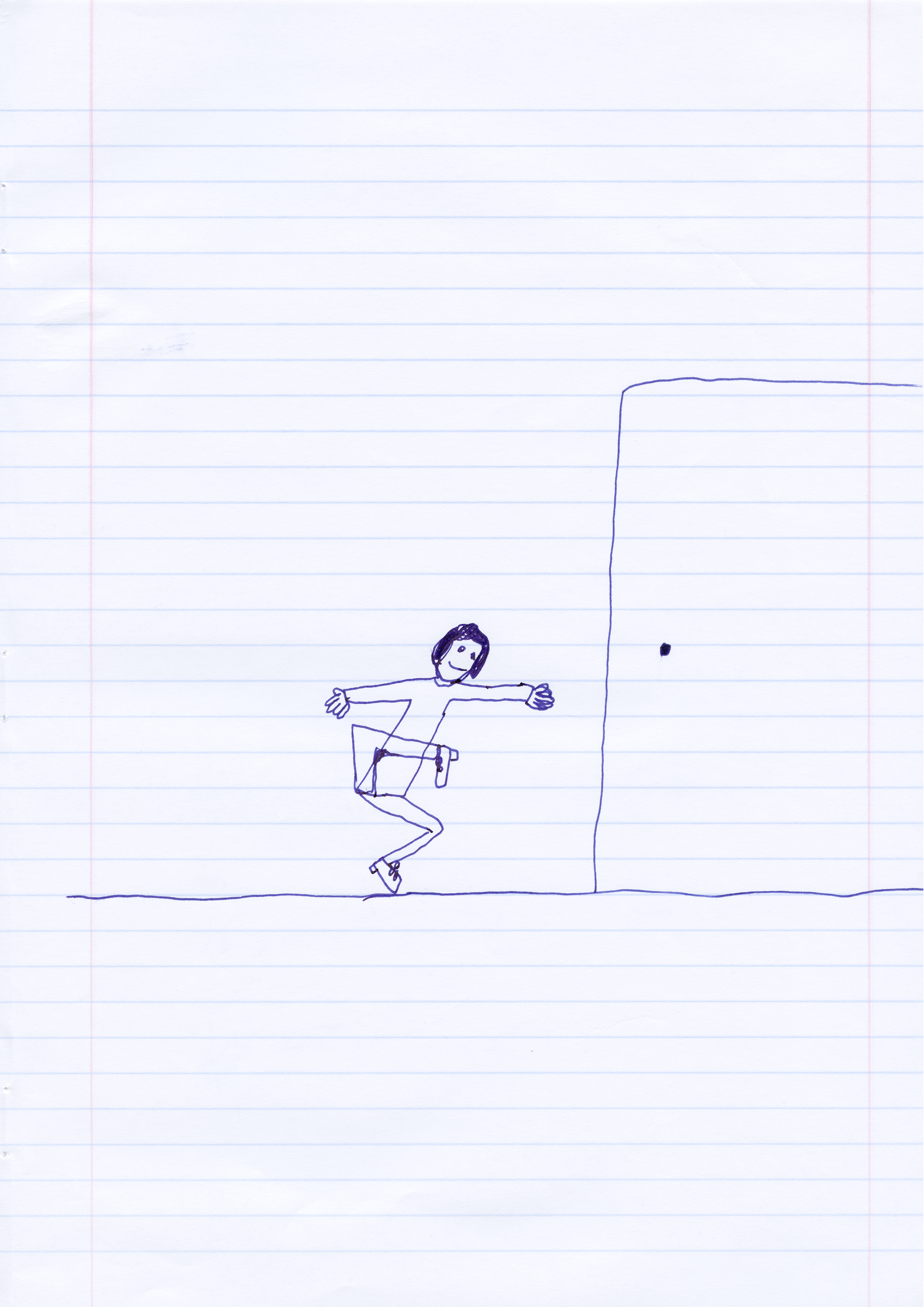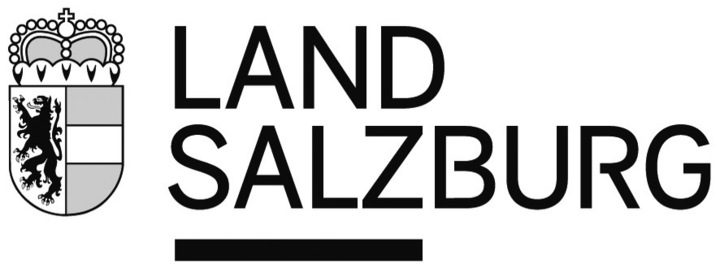



Guided Tour with Gernot Wieland
On carpets, cats, cages and three films by Gernot Wieland. Review by Art Agenda
Gernot Wieland (*1968, Horn, Austria) is an artist based in Berlin whose films, drawings, lecture-performances and installations comment on human notions of belonging within inherited social, political and psychological processes. In this exhibition, the artist presents three new films and a series of prints that interweave with one another conceptually and emotionally. Overall his work plays off of fact and fiction, and often exists between dreamscapes, storytelling, reality and neuroses related to recollection in a combined narrative, often with a personal tone. In his films, these combined narratives address conditions of power and control, whether found in the classroom, societal norms or one’s own conscience or ego. Memory often plays a central role in the production of meaning in his films, whereby the narratives often confront the frailties of recollection, as well as collective mythologies and the human condition itself, all through an approach that embraces honesty, earnestness, remorse and humour.
Wieland presents a personal, uncanny narrative of his experiences growing up in Austria in the film Ink in Milk (2018). In conversation, the artist himself often references the 1945 book, “Austria: A Soldier’s Guide,” (available for loan at the bookshop) first provided to Allied soldiers after the defeat of the Axis Alliance. The book curiously presents generalisations about Austrians that Wieland is quite taken with. For example, a passage reads, “It is no good expecting Austrians to be punctual and reliable. They are not made that way. They will be quite sincere when they promise to do something: they will be equally sincere when they apologize for not having done it.” We see humorous attempts at deciphering collective (here, Austrian) behaviour echoed in Wieland’s films especially. But this is not necessarily only particular to a struggle for Austrian individual and collective identity. By deciphering the manners by which we dissect such individual histories, Wieland questions how the wistful reveries of nostalgia both affix and displace the textual layers of our imagined selves. Memory in Wieland’s films is not something passive or inert; instead it vibrates with agency and life, surging into the present. In the gallery, Wieland also presents a series of prints that emerge out of this film, curiously depicting gestures of fear as manifested in tiny models, which each spell out these fears in a quirky language of forms.
In the film Thievery and Songs (2016), Wieland narrates, in his own voice, a dream he has of the Town Musicians of Bremen. The film itself comes across as a dream or hallucination. Like much of his work, this film is based on research, memory and narration and brings together this fairy tale with childhood recollections, combined with animal characters visiting their psychotherapists and memories of his own education and body art. The film also delves into the true story of a Jewish-Austrian dancer who had to escape Austria for Bombay in 1938. Altogether in this film, fables, memory, histories and reflections on contemporary life collapse into a visual philosophy of being, carrying a tragicomic spirit that mingles irony and absurdity with a gripping, poetic sobriety.
For his newest film Square, Circle, Square (2020) Wieland has collaborated for twelve years with an animal trainer who trained birds to fly in a circle or square. The film is presented on a 16mm projector and reduces much of the above musings and narratives to an image of a bird fleeting in and out of view, quite alike consciousness and awareness coming and going.
Gernot Wieland (*1968, Horn, Austria) lives and works in Berlin.
Friendly supported by Kultur Niederösterreich.


































